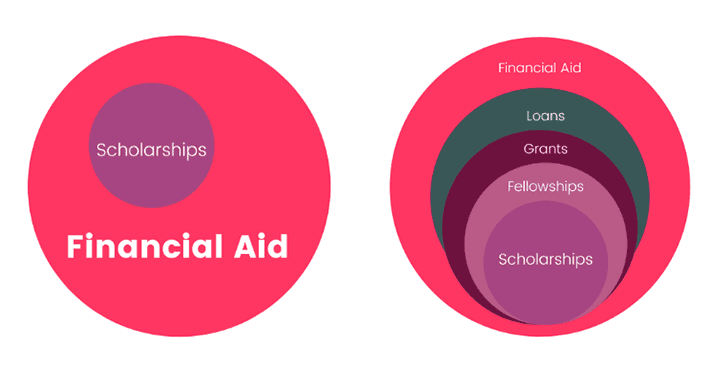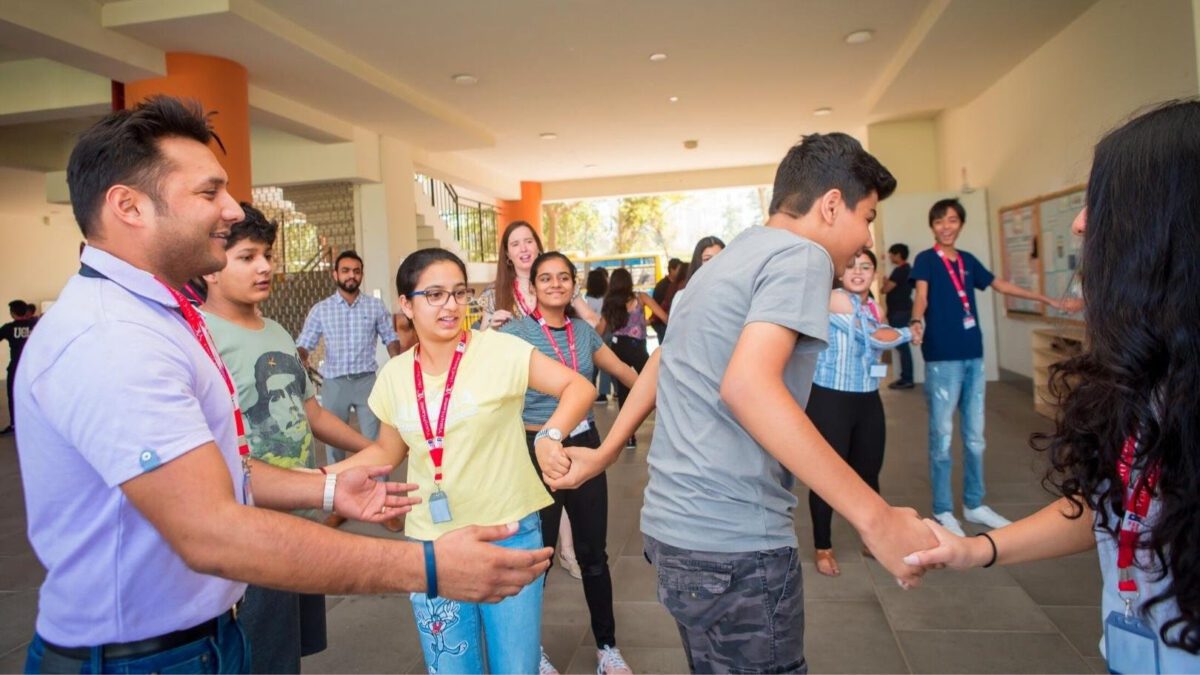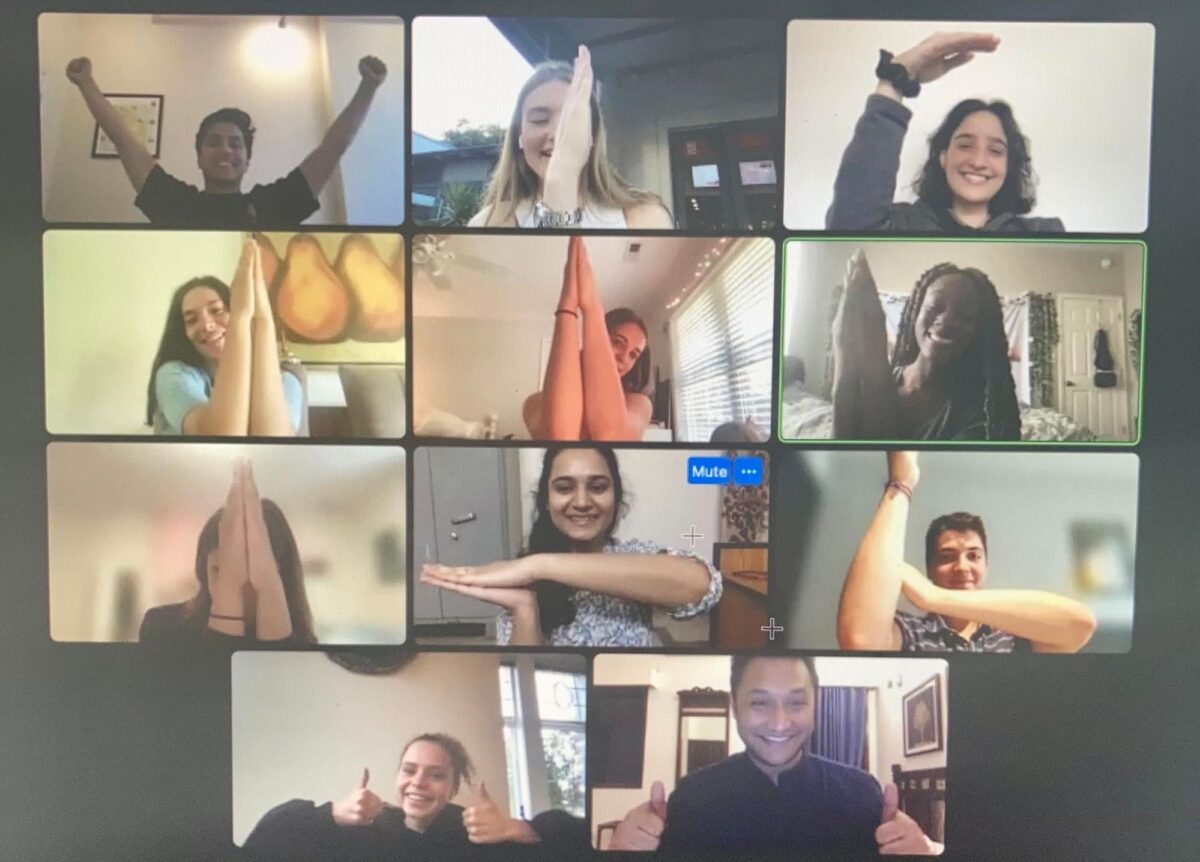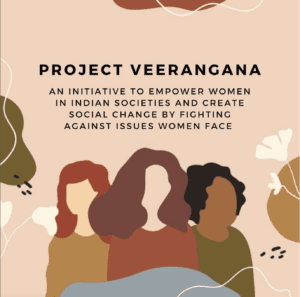blog Harvard Trending | 4min Read
Published on February 23, 2023

10 tips to write a better Harvard Essay
First impressions are important. And how often do you get a chance to write a thousand words to perfectly embody who you are? When you are applying to one of the world’s most prestigious universities, you need to stand out from the rest of the pack. From the stacks of essays they receive, what will make the words jump off the pages that contain yours? How will you convince them that you deserve a shot?
Well, we’ve compiled a list of tips that will help you get started when you’re first putting pen to paper (or fingertip to keyboard).
1. Authenticity gets you far
Choose topics, themes, and points of view that truly reflect your own. This will help you take a more honest and passionate approach when writing, which will be evident to the reader. Skip the big words and the jargon if that’s not who you are. Tap into your unique humour, intelligence, and natural way of speaking.
2. Get them hooked from the beginning
You’ll be competing with thousands of other essays, so getting the reader interested from the first paragraph will help your case. Seize their imagination in the first paragraph. Start with a statement that will get the reader scratching their heads. As many action movie directors would have proved, it’s better to drop the audience into a loud and fast scene and get to explanations later.
3. Dive into deeper and more meaningful themes
What makes you tick? What are the pivotal moments in your life that have led you to write this essay today? Committees are rarely impressed by dry numbers and stats but can be moved by an honest story. They want to see your drive and ability.
4. Showing is better than telling
Don’t just tell them you have dozens of awards, tell them your favourite one and the story of how you got it. The point is that you should use anecdotes and storytelling to showcase your accomplishments rather than just stating them outright.
5. Go against the strain
It’s difficult to be different if you try. The best you can do is look at it from your unique perspective. Don’t say what you think they want to hear, but the truest version of your story that they NEED to hear
6. Think about who’s gonna be reading, then write
Keep it smooth and easy to read. Use transitions between paragraphs and build sound arguments from start to finish. Knowing who you’re writing to, will help you answer the questions they may ask while reading the essay, and include the answer.
7. One draft is never enough
Start the process as early as possible. If you have multiple months in hand, use them all. Write your first draft, and set it aside. Come back to it a week later and see if your perspective has changed. The first and the final draft are very rarely the same.
8. Read it out loud
When you read it out loud, you often hear clunky and badly formed sentences that you can improve. After multiple drafts, it can be easy for things to get overseen.
9. Ask others to read your essay
Be open to criticism. You don’t have to show everybody, just the people whose opinion you would like on the matter. Criticism does not come from a place of malice but is in your own self-interest. Take notes, and consider how you may be able to adapt the content according to the feedback. Check with your parents, siblings, teachers, or close friends.
10. It’s about quality, not quantity.
Though there may not be a strict word limit, keeping things concise and impactful will work better than having the reader lose interest midway. Check if your font is readable and do multiple spell checks.
Are you looking for the perfect course to give you that extra edge over your competitors? We got you covered.
The Harvard Youth Leadership Conference, conducted by Harvard Mentors trained by the Leadership Institute at Harvard, develops high school kids like you into self-assured collaborators, communicators, and problem-solvers who will address global concerns and drive change for the future.
Over the course of the five days, students collaborate in mentor-led groups to comprehend a global issue—whether it be poverty, mental health issues, or climate change to create a social change project and address it. After completing the program, participants have the option of receiving mentorship for a full year to carry out their project.
The program is distinctive in that our mentors are current Harvard University students who have gained priceless experience and knowledge at a young age and know what it means to create social impact.
We really hope you get that admission and can be the 4% of applicants that actually make it to your dream school Harvard!

















